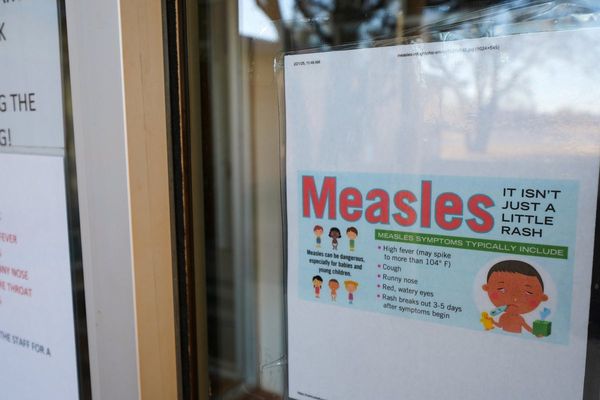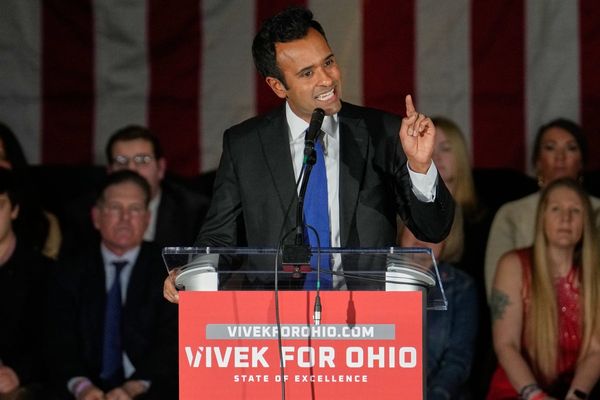
The discovery of a pro-Russian asset, Nathan Gill, at the heart of a British political party reads like the plot of a John Le Carré novel.
Russia was long known to have been trying to interfere in foreign politics with online bots and cyber-disinformation over the past decade.
However, the Nathan Gill case is now a concrete example of a pro-Russian agent enlisting and paying a Brexit-friendly party politician to spread the propaganda of Moscow and against Ukraine in Europe.
In the 1960s, it tended more to be Labour and far-left politicians who were largely the subject of Soviet attempts to plant agents in the west. In modern times, it is no surprise that the parties Gill represented were Ukip, the Brexit party, and briefly Reform UK.
When seeking a sympathetic vessel for pro-Russia views, the nationalist, anti-EU and anti-migrant parties of Europe have been obvious targets for Vladimir Putin’s Russia – which have a shared hostility towards the European bloc.
Farage, who led Ukip, the Brexit party and now Reform, and was a longstanding associate of Gill, has claimed the former MEP was a “bad apple” who betrayed his party and country.
But Farage’s own publicly expressed views on Russia and Putin appear to have created an environment in which those more sympathetic than most to Moscow have been drawn to his parties.
The court case shows that while Gill was the only MEP found to have taken payments for making pro-Russia statements, some of his colleagues had been making similar points in favour of Moscow’s narrative on the war in Ukraine without reward.
Farage himself, who has not been under scrutiny as part of the investigation or played in role in assisting it, has spoken of his admiration for Putin as a political operator and repeatedly warned the west against “poking the Russian bear with a stick”, in recent years accusing it of provoking the war in Ukraine.
Back in 2014, he cited Putin as the politician he most admired, “as an operator but not as a human being”. Asked whether he regretted making the comments at the time, Farage told a Chatham House audience: “I said I don’t like him, I wouldn’t trust him and I wouldn’t want to live in his country, but compared with the kids who run foreign policy in this country, I’ve more respect for him than our lot.”
He also made at least 17 appearances on state-owned Russia Today between 2010 and 2014, on which he made no criticisms of Russian democracy and claimed Europe was governed not by elected democracies but instead “by the worst people we have seen in Europe since 1945”.
The issue of Russia is also felt by some Reform insiders to have harmed the party in last year’s election, when Farage repeated his views since the 1990s that “the ever-eastward expansion” of the Nato military alliance and the EU was giving Putin “a reason to [give to] his Russian people to say ‘they’re coming for us again’ and to go to war”. He added: “We provoked this war. Of course, it’s his fault.”
Reform UK as a party now appears to sense there is some political danger in appearing too generous towards Russia, given it is ahead in the polls and public opinion in the UK is firmly pro-Ukraine and anti-Moscow. The party said on Friday that Gill had acted in a “reprehensible, treasonous and unforgivable” way.
However, Farage’s own views on Russia and Ukraine are likely to be further tested – particularly on whether he still believes the west provoked the war.
Labour, no doubt, scents the possibility of undermining Reform UK’s poll lead by calling on Farage to root out pro-Russia views within his party and to disavow “Putin talking points” such as the idea that the west and Ukraine provoked Putin’s invasion.
Farage is not a politician known for letting go of long-held positions, even when it is politically expedient. But it would be good politics by Reform to take their rival party’s advice.







